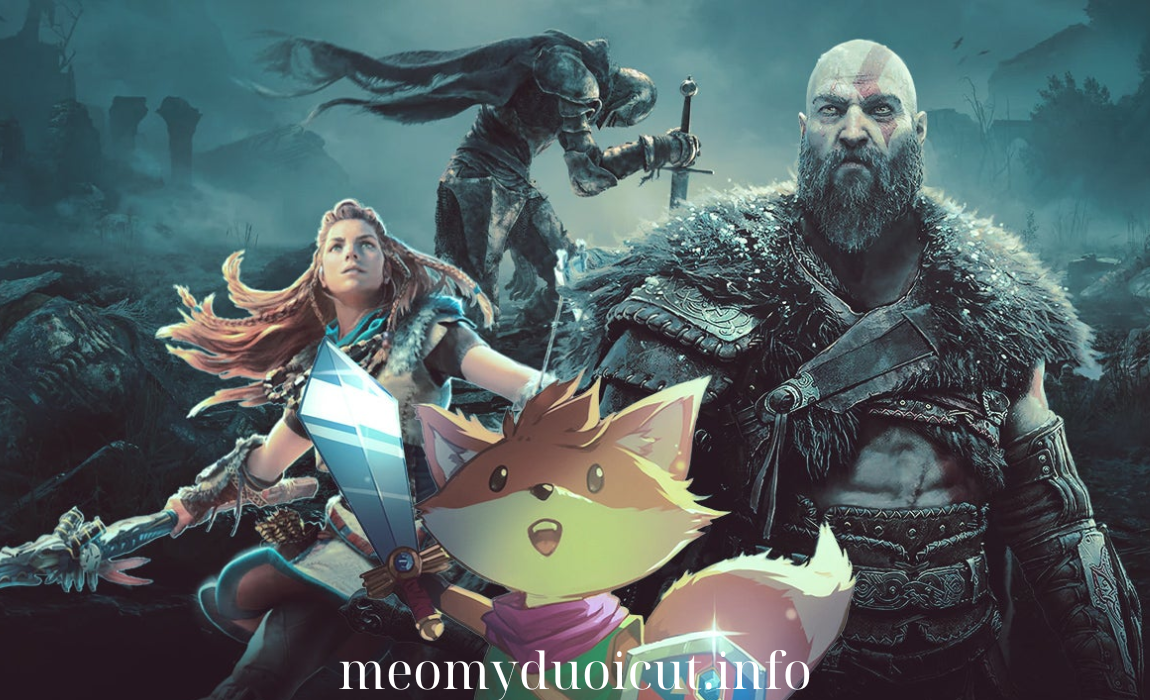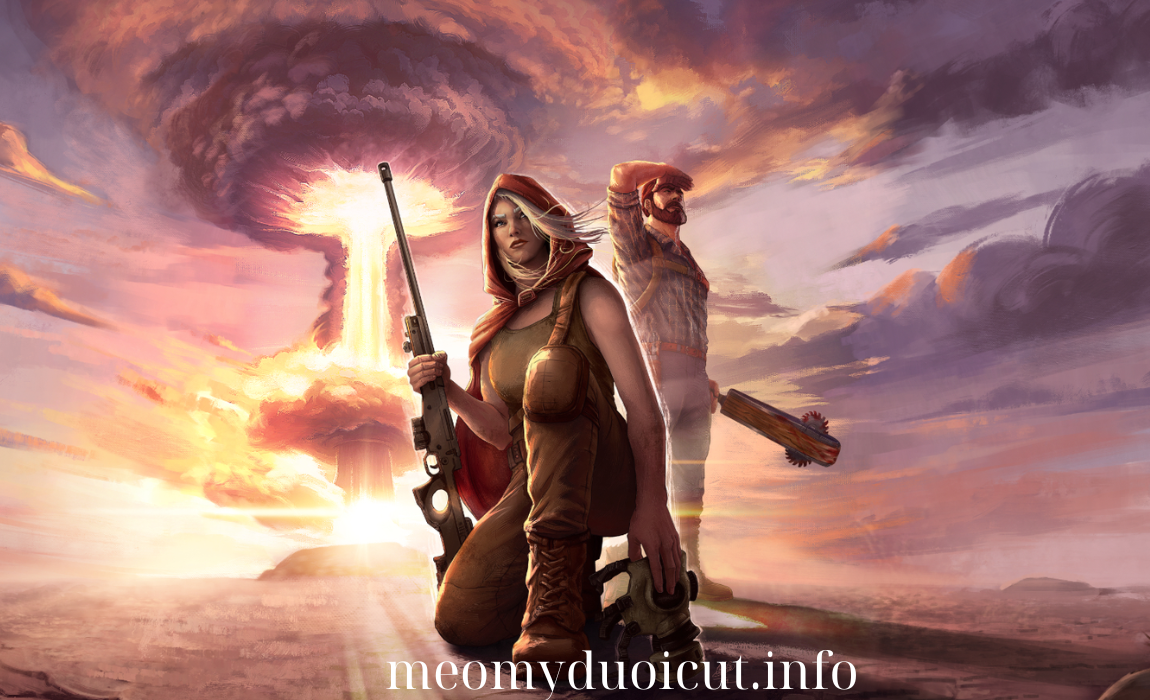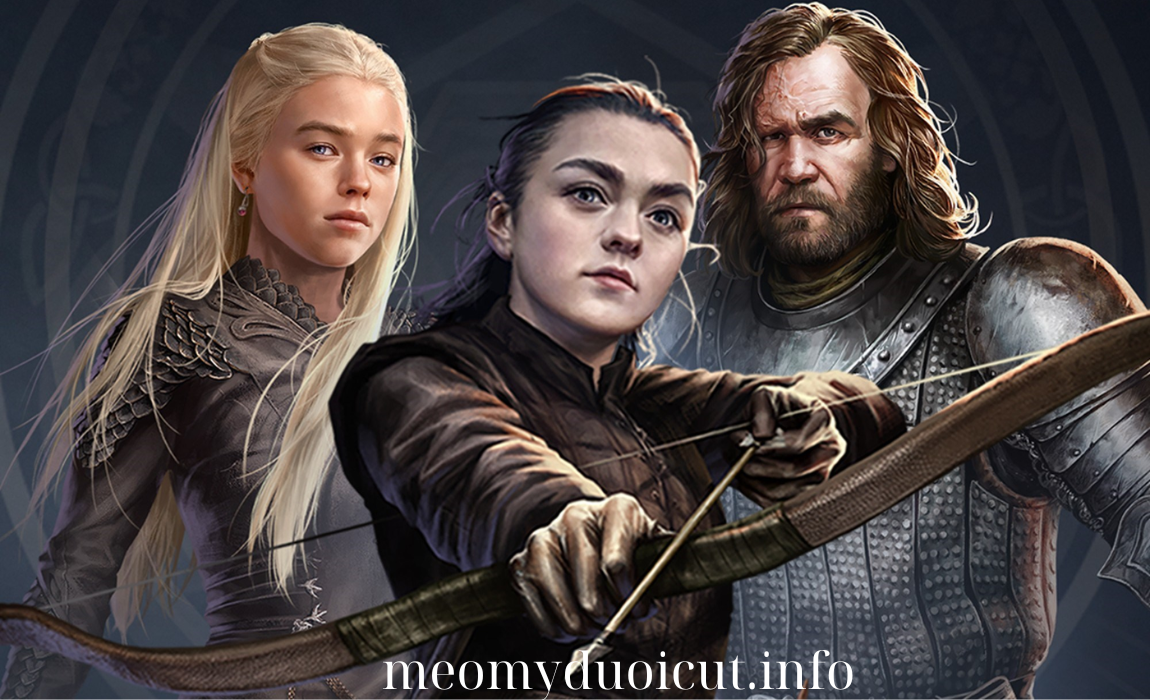Game critiques from industry experts provide valuable insights into what makes a game succeed or fail. Whether it’s gameplay mechanics, storytelling, or visual design, expert reviews help players and developers understand how games resonate with audiences. From popular AAA titles to indie gems, here are some of the best insights from top game critiques that showcase the expertise of the gaming industry.
1. The Last of Us Part II: Narrative Depth and Emotional Impact
Critique Focus: Storytelling, Character Development
Insight: Widely regarded as a masterclass in storytelling, The Last of Us Part II received praise for its emotionally charged narrative, complex character arcs, and the moral ambiguity that drives its plot. Critics lauded how the game pushes the boundaries of conventional video game narratives by exploring themes of revenge, loss, and empathy in ways rarely seen in the medium.
- Key Critique: Industry experts like Game Informer praised the game’s ability to evoke powerful emotions, noting that “it forces players to grapple with difficult decisions and perspectives that challenge preconceived notions of good and evil.”
- Gameplay Integration: Critics highlighted how the game’s mechanics were tied seamlessly to its narrative, with combat and exploration reflecting the characters’ emotional states and growth.
Why It’s Important: The critique of The Last of Us Part II emphasizes the growing importance of narrative depth in modern gaming, where storytelling and gameplay must harmonize to create a lasting emotional experience.
2. Hades: Masterful Game Design and Replayability
Critique Focus: Roguelike Mechanics, Game Design Innovation
Insight: Hades from Supergiant Games revolutionized the roguelike genre with its unique blend of storytelling, character interaction, and satisfying gameplay loops. Critics praised the game for how it continuously engages players with its evolving narrative, even after multiple runs, keeping the roguelike formula fresh and exciting.
- Key Critique: IGN and Polygon reviewers hailed Hades as a “perfect marriage of narrative and roguelike mechanics,” emphasizing how players grow not just through leveling up their character but through learning more about the game’s world and characters with each death and rebirth.
- Accessibility and Challenge: The game was praised for its well-balanced difficulty, making it accessible to newcomers while offering plenty of challenge and depth for hardcore players.
Why It’s Important: The critique of Hades highlights how expertly designed game mechanics can elevate a genre while still maintaining accessibility and deep engagement through storytelling.
3. Red Dead Redemption 2: Open-World Immersion and Visuals
Critique Focus: Open-World Design, Visual Realism
Insight: Red Dead Redemption 2 is often cited as one of the most immersive open-world games ever created. Critics marveled at the game’s meticulous attention to detail, living ecosystems, and visual beauty, making it a technical and artistic achievement in the industry.
- Key Critique: GameSpot called the game’s world-building “unmatched,” praising how the vast, dynamic environments feel alive, with wildlife behaviors, NPC interactions, and weather systems reacting realistically to player actions.
- Story vs. Exploration: While the story was praised for its depth and emotional weight, some critics pointed out that the pacing can be slow at times, though the immersive world compensates for it by offering endless exploration opportunities.
Why It’s Important: The critique of Red Dead Redemption 2 emphasizes the importance of world-building in creating immersive gaming experiences where players can lose themselves in both the narrative and the game’s environment.
4. Celeste: Precision Platforming and Mental Health Representation
Critique Focus: Platforming Mechanics, Emotional Themes
Insight: Celeste was celebrated not only for its challenging yet satisfying platforming mechanics but also for its thoughtful and nuanced depiction of mental health. The game’s story, which follows a young woman struggling with anxiety and self-doubt, resonated deeply with both players and critics.
- Key Critique: Critics from Kotaku and Eurogamer praised Celeste for weaving its themes of mental health into the gameplay, stating that “the mountain you climb in the game is as much a physical challenge as it is a metaphor for overcoming internal struggles.”
- Accessibility Features: The game’s optional assist mode was highly praised, allowing players to adjust the difficulty without undermining the core message of perseverance and growth.
Why It’s Important: Celeste demonstrates how video games can tackle complex emotional themes while maintaining tight, rewarding gameplay, and how accessibility options can make such experiences available to a wider audience.
5. The Witcher 3: Wild Hunt: Storytelling and Open-World Integration
Critique Focus: Quest Design, Narrative Complexity
Insight: The Witcher 3: Wild Hunt is often cited for its richly detailed world and complex narrative structure. Critics highlighted the way the game seamlessly integrates open-world exploration with a deep, branching story that keeps players invested in both the main plot and side quests.
- Key Critique: Reviewers from PC Gamer and GamesRadar praised the depth and maturity of the game’s writing, noting that even minor side quests feel meaningful, often contributing to the broader themes of the game.
- Character Development: The relationship between Geralt and the supporting characters, such as Ciri and Yennefer, was a focal point of many critiques, with the game balancing action and personal storytelling in a way that drew emotional investment from players.
Why It’s Important: The Witcher 3 set a new standard for open-world RPGs, showcasing how side content and exploration can enhance the main narrative rather than distract from it.
6. Breath of the Wild: Reinventing the Open-World Formula
Critique Focus: Innovation, Open-World Exploration
Insight: The Legend of Zelda: Breath of the Wild reinvented the open-world genre with its emphasis on freedom of exploration, creativity, and player-driven storytelling. The game was widely praised for its innovative mechanics that encourage experimentation and reward curiosity.
- Key Critique: Critics from Polygon and The Verge highlighted how Breath of the Wild empowers players to tackle challenges in a multitude of ways, saying, “The game never tells you how to play—it simply sets up a world that reacts to everything you do.”
- Minimalist Storytelling: While the main narrative was considered less dense than in previous Zelda games, reviewers appreciated how the game’s story unfolded organically through exploration, environmental storytelling, and optional memories.
Why It’s Important: Breath of the Wild redefined the open-world genre by prioritizing player agency and exploration, a stark contrast to more structured game designs, influencing many subsequent titles.
7. Disco Elysium: Groundbreaking Narrative RPG
Critique Focus: Dialogue-Driven Gameplay, Narrative Experimentation
Insight: Disco Elysium challenged the norms of RPGs with its focus on dialogue-driven gameplay, political themes, and psychological exploration. Critics hailed it as a game that defies expectations with its deep narrative structure and character development, making it one of the most unique experiences in recent years.
- Key Critique: PC Gamer and Rock Paper Shotgun praised the game’s writing and philosophical depth, calling it “a narrative masterpiece where every choice matters.” The game’s ability to offer complex, branching dialogue without traditional combat mechanics was a highlight.
- Complexity and Accessibility: While some critics noted that the dense narrative and intellectual themes may not appeal to every player, others praised its accessibility to fans of narrative-driven games.
Why It’s Important: Disco Elysium pushes the boundaries of what an RPG can be, relying on rich dialogue, story choices, and character psychology rather than combat, offering a new blueprint for narrative RPGs.
Conclusion: The Power of Game Critiques
Expert game critiques are invaluable for both players and developers, offering deep insights into what makes a game excel or falter. Whether through storytelling, innovation in game mechanics, or immersive world-building, these critiques help shape the gaming industry by highlighting groundbreaking features and inspiring future design improvements. As video games continue to evolve, the detailed analyses provided by critics will remain crucial in pushing the medium forward and expanding its potential.



